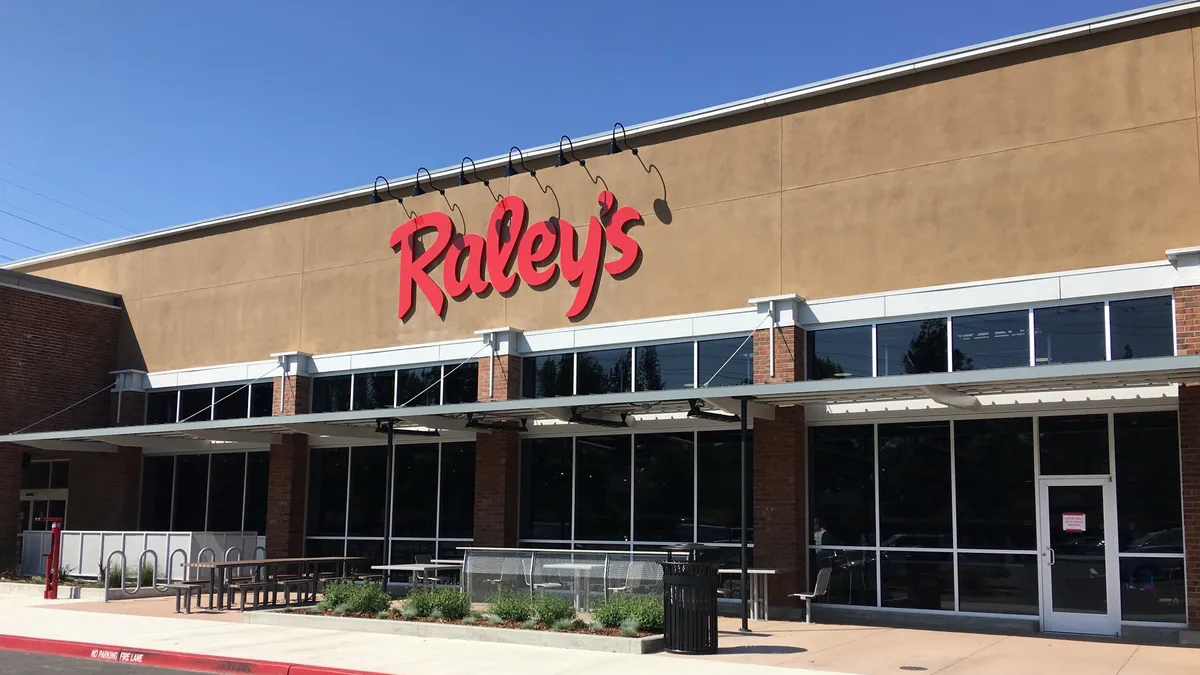Dive Brief:
- Raley’s has introduced a shelf labeling system that calls out health-focused attributes like “minimally processed” and “nutrient dense,” according to a company release. There are eight different icons and more than 13,000 products that carry at least one, which appear on product price tags.
- Raley’s developed the system in concert with a team of scientific advisors as well as Label Insight, a firm that compiles data on more than 400,000 products. Each claim follows set criteria: To earn the “minimally processed” icon, for instance, a product cannot contain one of more than 600 synthetic ingredients, and must meet limits on added sugars and sodium.
- In addition to in-store shelf tags, Raley’s allows shoppers to search for products on eCart, the company’s click-and-collect program, using the new icons.
Dive Insight:
Raley’s certainly isn’t the first retailer to develop a shelf labeling system centered on popular health claims. Many grocers use special tags and color-coded icons to call out attributes that have already been vetted by third-party sources or claimed by the manufacturer, meaning these labeling systems are more marketing than science. These claims include labels like gluten-free, organic, and non-GMo, to name a few.
Raley’s new program includes several of these readily-apparent claims, too, but what’s interesting is that it has also developed a unique set of scientific criteria for two otherwise ambiguous claims: “minimally processed” and “nutrient dense.”
Both of these claims are in high demand, and oftentimes consumers will follow manufacturer claims centered around clean labels, added vitamins and minerals, and so on. But Raley’s system has done some vetting. Its “minimally processed” label, for instance, reflects products that are free from more than 600 identified synthetic ingredients, and contain limits on added sugars and sodium. “Nutrient dense” products, meanwhile, must meet limits on calories, sugar and sodium; contain key nutrients; and be made without the use of artificial ingredients, trans fats and partially hydrogenated oils.
The program should bolster Raley’s healthy image with consumers. Recently, the chain refreshed its private label lineup to focus on more healthful ingredients, eliminating a few soda brands and other products in the process. The company also offers shoppers its “Let’s Begin” wellness channel, which features videos, articles and other media centered on healthy cooking and meal planning.
Raley’s new system may also provide a boost to struggling center store categories. Indeed, many shoppers believe packaged products are overly processed and unhealthy. Seeing tags that claim otherwise might just start to change their perceptions.










